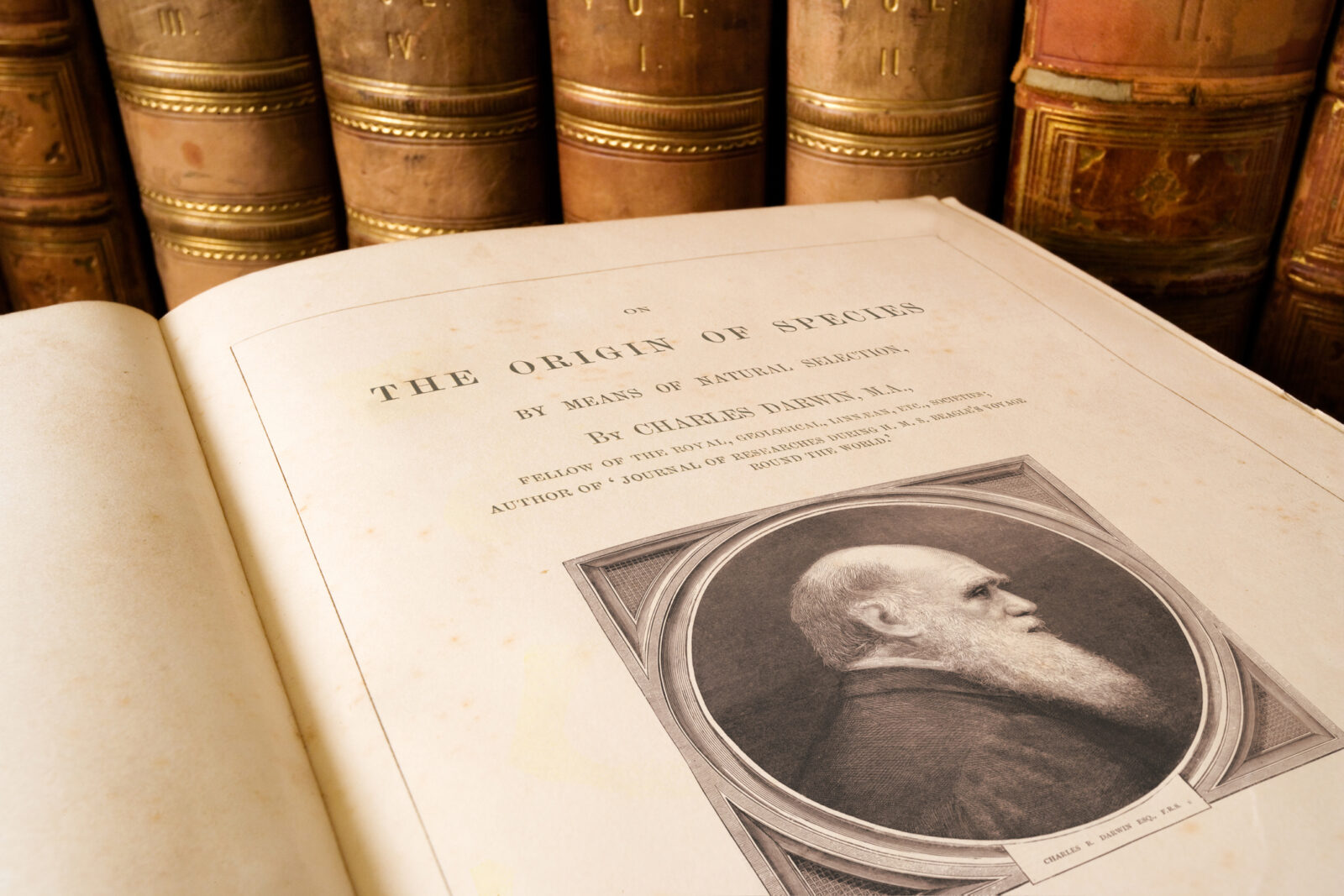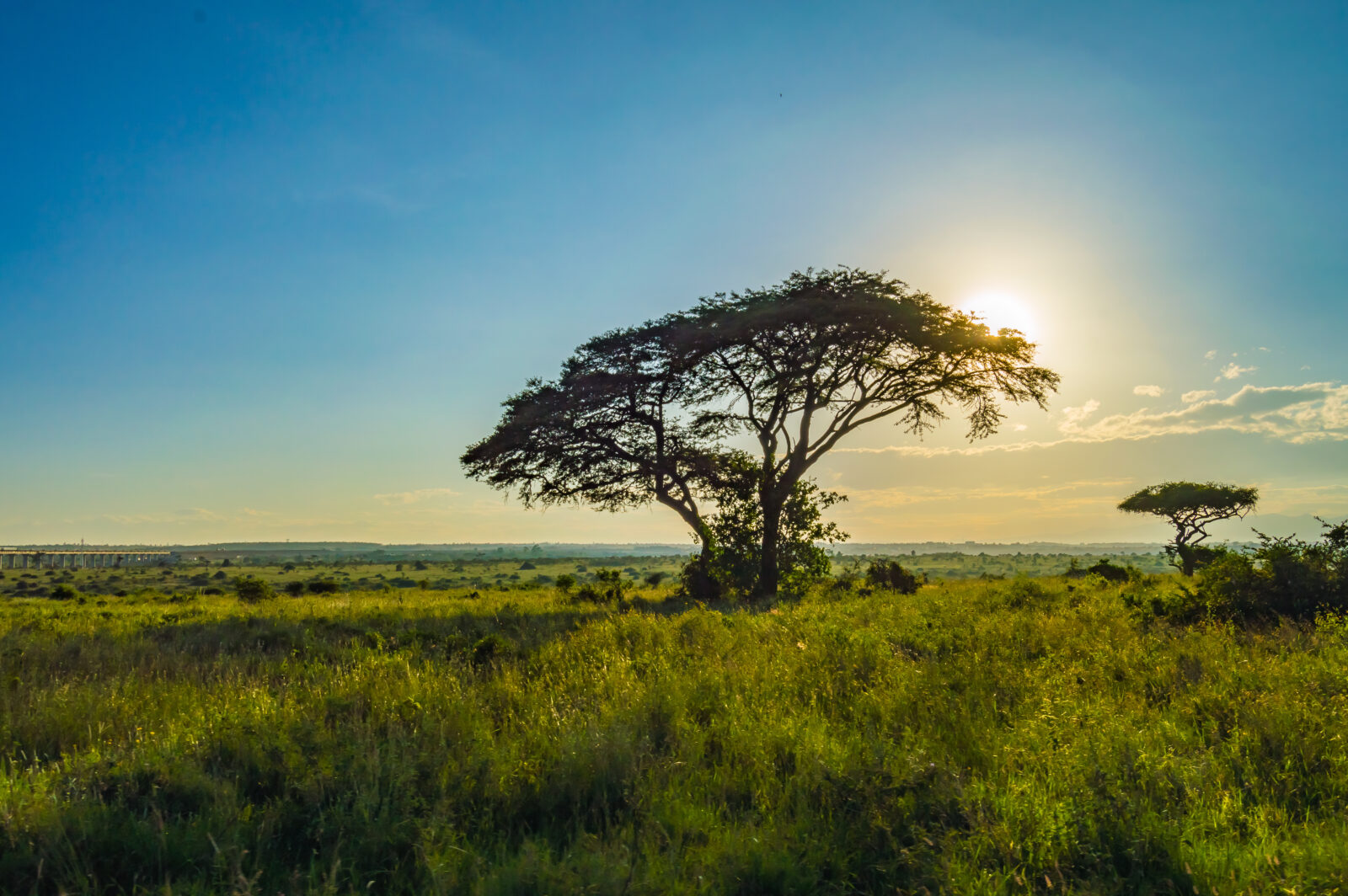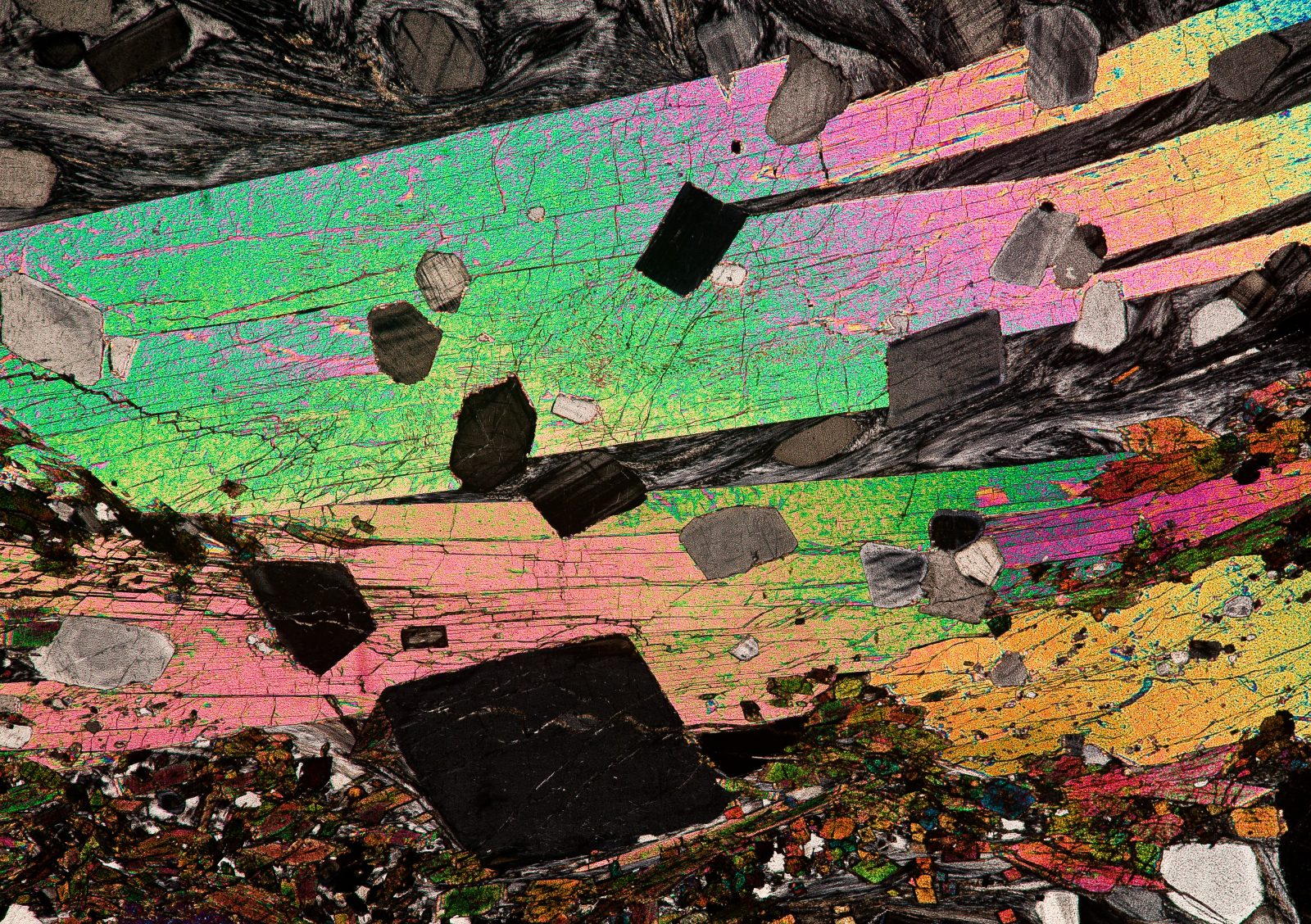


Darwin’s Bluff: An Interview with Robert Shedinger

Luskin and Miller Share Highlights of Recent African Speaking Tour

Casey Luskin on the Intelligent Design of Earth for Life
On today’s ID the Future geologist Casey Luskin explains how Earth contains many intricate geological processes required for life. He argues that, taken together, this points to intelligent design rather than dumb luck. This episode is the first half of a talk Dr. Luskin presented at the 2022 Dallas Conference on Science and Faith. Stay tuned for Pt. 2 and a Q&A with his original audience.

Casey Luskin Talks Tectonics, Design and Hidden Beauty
On today’s ID the Future host Emily Reeves talks with geologist and intelligent design theorist Casey Luskin about his PhD. Luskin says his dissertation wasn’t focused on intelligent design at all; but the knowledge he gained and the methodology he employed well might provide him grist for ID-oriented work down the road. The wide-ranging conversation takes Luskin and Reeves from his geological work in Africa and the method known as uniformitarianism to plate tectonics, paleomagnetism, crustal recycling, and some books on how Earth appears fine-tuned for life. Luskin also tells about some astonishing beauty that lies hidden right under our feet, and how we can discover it for ourselves.

Casey Luskin’s South Africa Adventures
On this ID the Future, Rob Crowther interviews geologist Casey Luskin, recently back from getting his PhD in geology at the University of Johannesburg in South Africa. Luskin, who formerly worked for Discovery Institute’s Center for Science and Culture, and has just now rejoined the CSC, tells about his adventures doing field research in Africa, his side interest in human origins, his cross-cultural experiences, the amazing game parks, museums, and fossil sites he visited, and a little bit about his PhD, including some evidence suggesting that parts of Africa and Western Australia used to be connected.